The Essence of 'Wa': Harmony in Japanese Culture
The concept of 'Wa,' meaning harmony, is a fundamental aspect of Japanese culture that permeates all facets of life, from social interactions to business practices. Discover how this ancient philosophy continues to shape and inspire modern Japanese society.
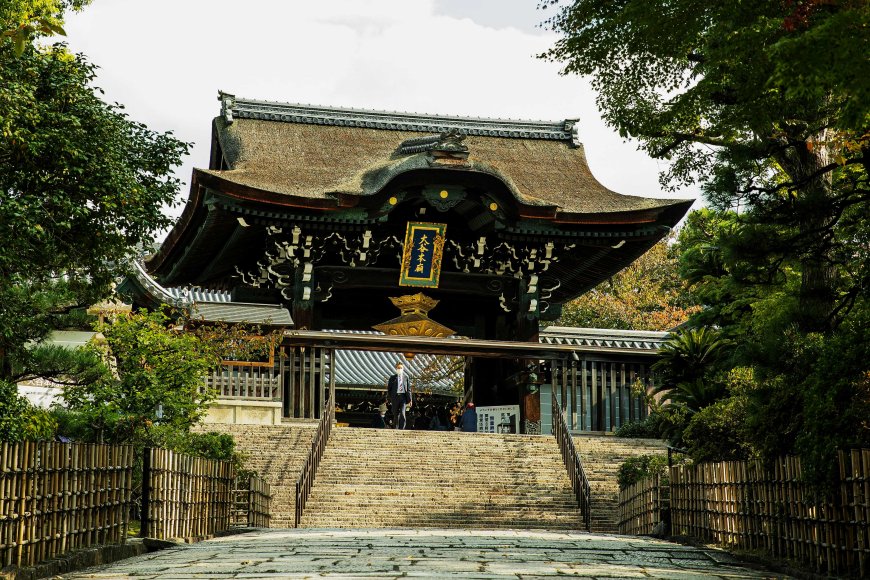
The Heart of Japanese Society Through the Principle of 'Wa'
The concept of 'Wa' (和) is deeply ingrained in Japanese culture and society, representing a cornerstone of the nation’s social fabric. The term 'Wa' translates to 'harmony' or 'peace' and is reflected in various aspects of daily life, social interactions, business practices, and even governmental policies. This principle of harmony is not just a passive state but an active, dynamic process that involves balancing relationships, maintaining social order, and promoting mutual respect.
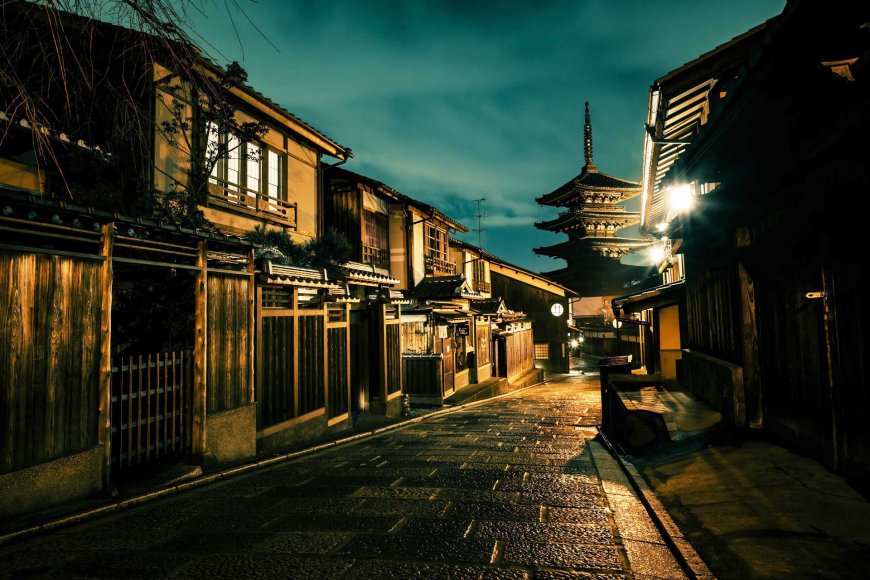
Historical Roots of 'Wa'
The origins of 'Wa' can be traced back to ancient Japan, where it was first documented in historical texts such as the Nihon Shoki (Chronicles of Japan) and the Kojiki (Records of Ancient Matters). In these texts, 'Wa' was associated with the ideal of harmonious relationships within the community and between the people and their rulers. Confucianism, which was introduced to Japan from China, further reinforced the importance of harmony, emphasizing societal roles, filial piety, and collective well-being over individual desires.
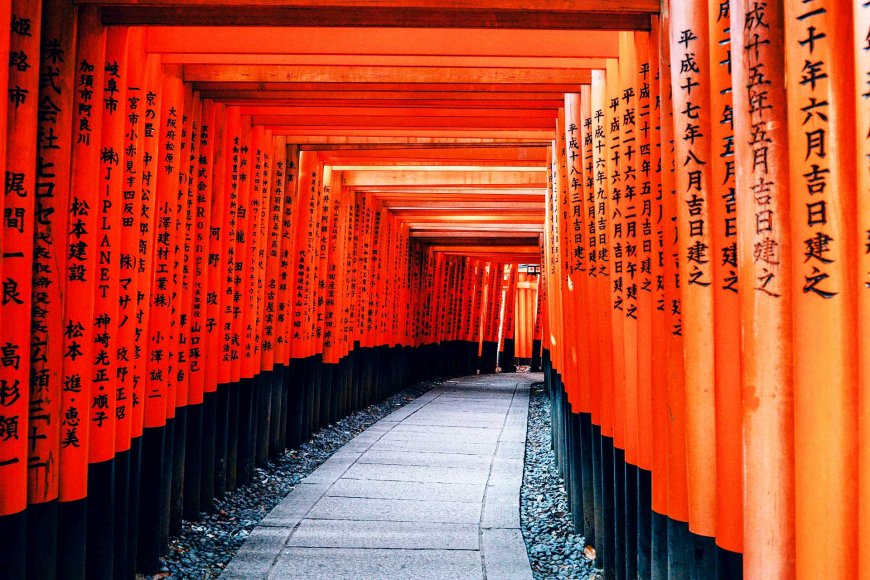
'Wa' in Social Interactions
In everyday life, 'Wa' manifests in the emphasis on politeness, respect, and non-confrontational communication. The Japanese language itself is rich with honorifics and polite forms that help maintain social harmony. People are often seen bowing as a sign of respect and acknowledgment of others. Avoiding direct conflict and maintaining a calm demeanor are valued traits, reflecting the importance placed on preserving 'Wa'. For instance, rather than outrightly refusing a request, a Japanese person might give a vague or indirect response to avoid hurting the other person's feelings.
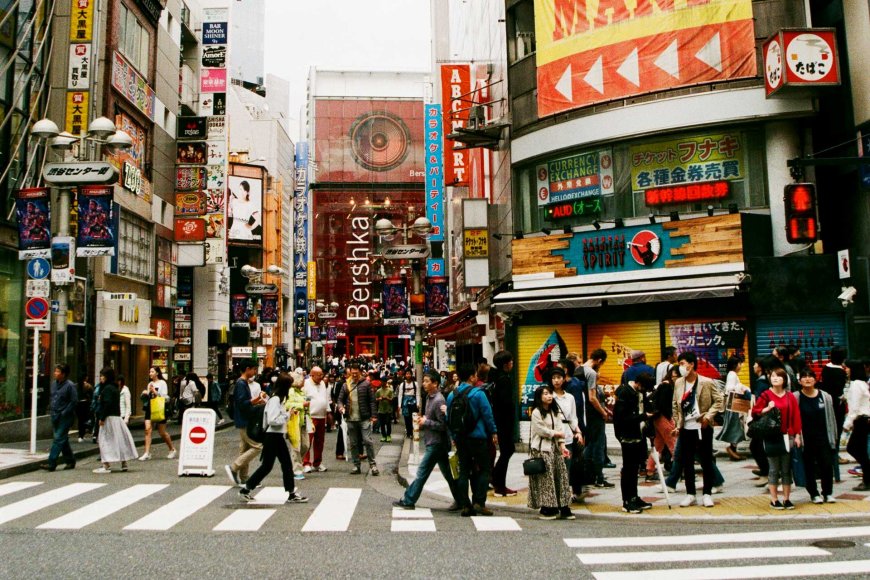
'Wa' in the Workplace
In Japanese business culture, 'Wa' plays a crucial role in fostering teamwork and cooperation. Companies prioritize group harmony and collective success over individual achievement. Decision-making processes often involve extensive consultation and consensus-building, known as "nemawashi." This practice ensures that all members have a sense of participation and agreement, thus maintaining 'Wa' within the organization. Hierarchical relationships are respected, but leaders are expected to act as facilitators of harmony, guiding their teams with a sense of fairness and consideration.
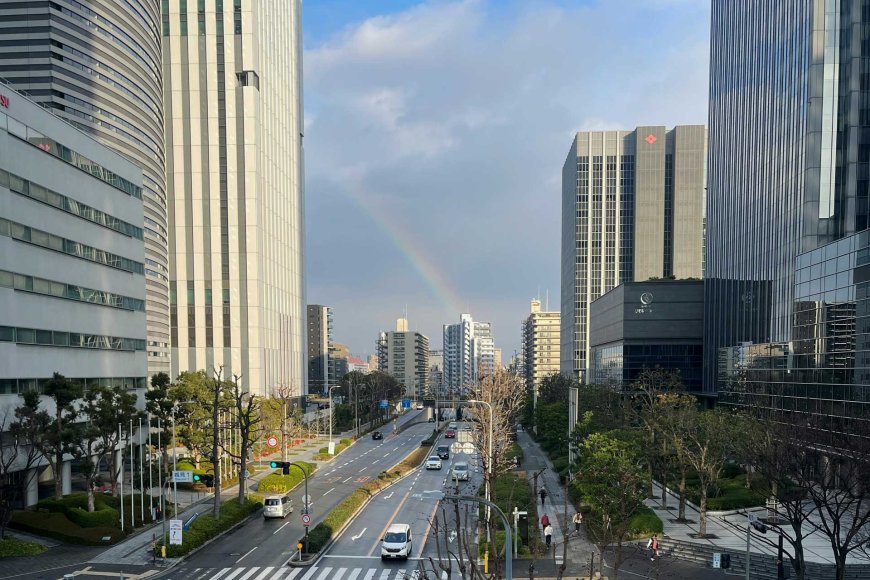
'Wa' in Education
The education system in Japan is designed to instill the values of 'Wa' from an early age. Students are taught the importance of group activities, cooperation, and mutual respect. School rituals and ceremonies, such as morning assemblies and cleaning activities, reinforce the collective spirit and the importance of contributing to the community. Teachers serve not only as educators but also as role models who exemplify the principles of 'Wa'. The emphasis on group harmony extends to extracurricular activities, where students often participate in club activities that require teamwork and collaboration.
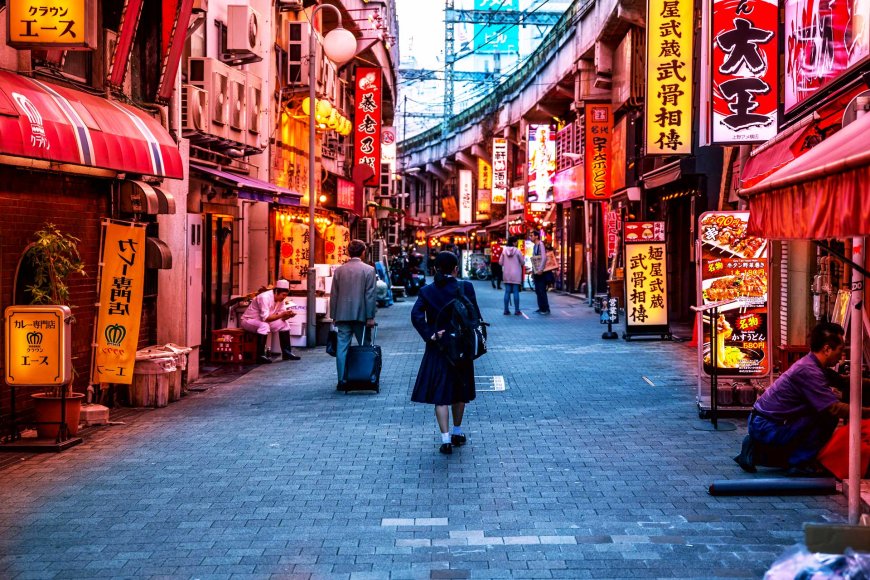
'Wa' in Traditional Arts and Practices
Traditional Japanese arts and cultural practices also reflect the essence of 'Wa'. Tea ceremonies, flower arranging (ikebana), and martial arts like Aikido emphasize the balance and harmony between individuals and their environment. These practices teach participants to move with grace, precision, and mindfulness, fostering a deep sense of inner peace and respect for others. The aesthetic principle of 'Wabi-Sabi,' which finds beauty in imperfection and transience, complements the idea of 'Wa' by encouraging acceptance and harmony with the natural flow of life.
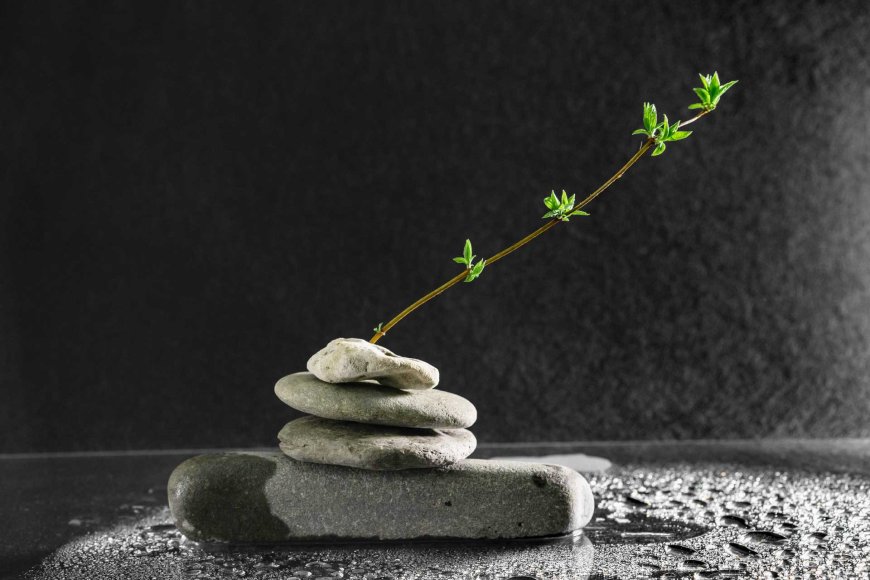
'Wa' in Modern Society
Despite the pressures of modernization and globalization, the concept of 'Wa' remains relevant in contemporary Japanese society. Urban environments and advanced technologies coexist with traditional values and communal practices. In times of crisis, such as natural disasters, the spirit of 'Wa' becomes particularly evident. The collective response and mutual aid during events like earthquakes and tsunamis showcase the enduring strength of communal harmony and resilience.
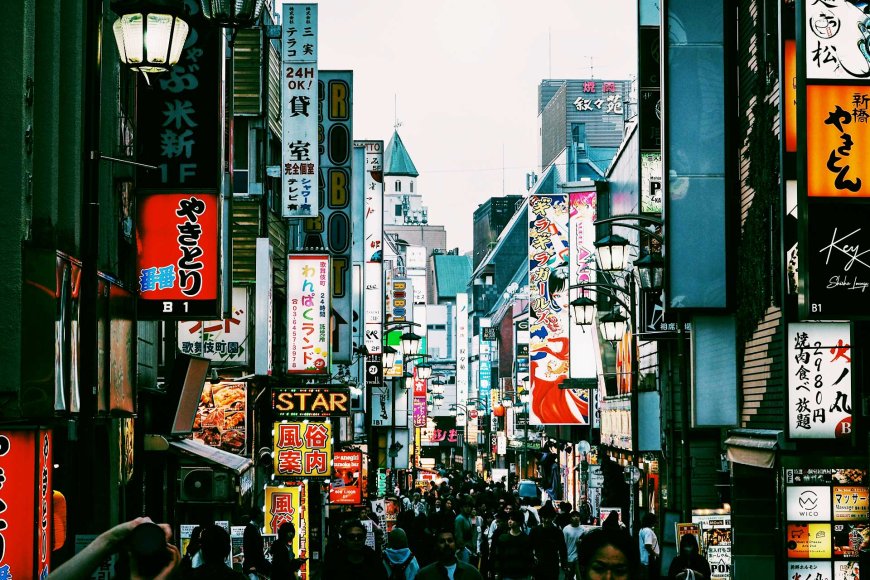
Challenges to 'Wa'
However, maintaining 'Wa' in a rapidly changing world poses challenges. The balance between individual aspirations and collective harmony can sometimes lead to social tension. Younger generations, influenced by global cultures and values, may struggle with the expectations of conforming to traditional norms. Additionally, the pressure to maintain 'Wa' can sometimes suppress individual expression and innovation. Addressing these challenges requires a delicate balance between preserving cultural values and adapting to new societal dynamics.

'Wa': The Timeless Principle of Harmony
The concept of 'Wa' is a profound and enduring element of Japanese culture, shaping the nation's identity and social interactions. It promotes a harmonious society where respect, cooperation, and collective well-being are paramount. Understanding and appreciating 'Wa' provides valuable insights into the Japanese way of life, highlighting the importance of harmony in fostering a cohesive and resilient community. As Japan continues to navigate the complexities of modernity, the principles of 'Wa' will undoubtedly remain a guiding force, bridging the past with the future.
Find Cheap Flight Tickets to any Destinations in Japan and the Philippines
Nipino.com is committed to providing you with accurate and genuine content. Let us know your opinion by clicking HERE.































































